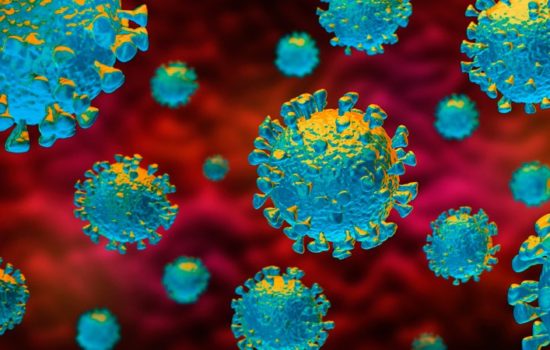
Eliminemos aranceles para derrotar al coronavirus
La demanda sin precedentes por parte de hospitales que están almacenando medicamentos básicos ha causado escasez y aumento de precios a nivel mundial.
Nilanjan Banik is a professor at Bennett University’s School of Business, India.
His work focuses on the application of time series econometrics in issues relating to international trade, market structure and development economics. He is also interested in the “rules” part of WTO; especially examining non-tariff barriers aspects of GATT/WTO agreements.
He has project experience with Australian Department of Foreign Affairs and Trade, Australia; Laffer Associates, USA; KPMG, India; Ministry of Commerce, Government of India; Research and Information System for Developing Countries (RIS), New Delhi; Indian Council for Research on International Economic Relations (ICRIER), New Delhi; Center for Economic Policy Research, UK; Asian Development Bank Institute, Tokyo; Asian Development Bank, Manila; South Asia Network of Economic Research Institutes (SANEI); UNESCAP-ARTNeT, Thailand, Australia India Institute, University of Melbourne; and World Trade Organization, Geneva

La demanda sin precedentes por parte de hospitales que están almacenando medicamentos básicos ha causado escasez y aumento de precios a nivel mundial.
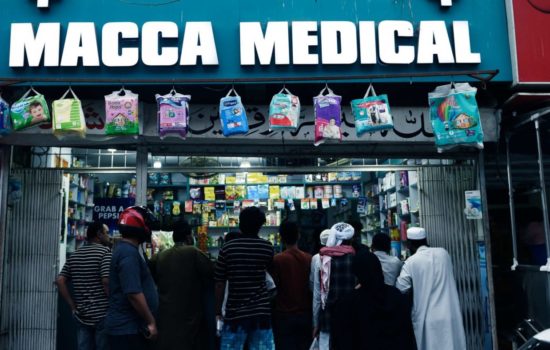
While researchers in universities and private-sector laboratories work round-the-clock for new treatments and vaccines for Covid-19, physicians rely on a broad cabinet of older medicines to help patients through their darkest hour.
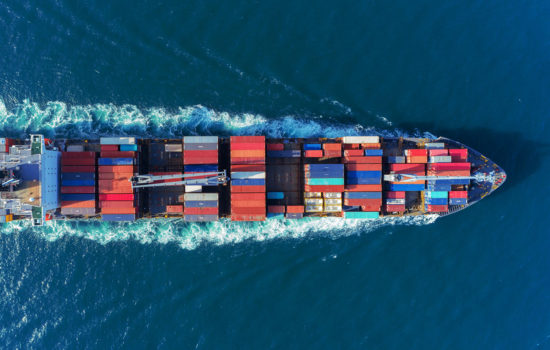
The Covid-19 pandemic has illustrated the importance of global trade for access to all kinds of medical supplies, with many jurisdictions suffering shortages of essential medical goods as a result of various trade barriers.
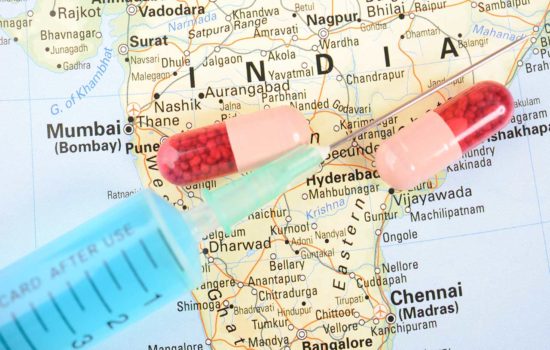
According to a major study in Lancet, India has made solid progress in reducing deaths from common non-communicable diseases, such as cancer,
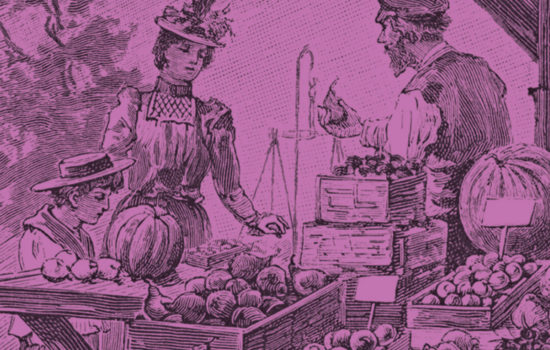
Much of the public discourse about free trade focuses on the supposed dangers it poses to the environment, to vulnerable communities around the world and to our health. Geneva Network has teamed up with the IFT to produce a pamphlet explaining the role of open trade in improving public health.
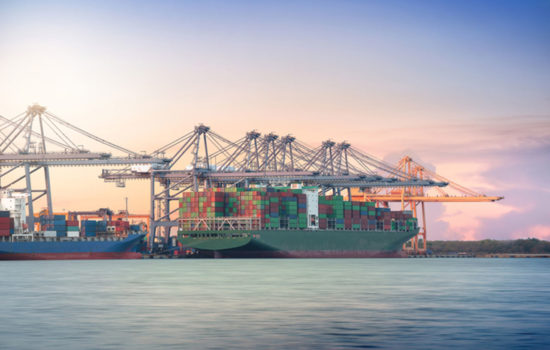
Free trade has spread health technologies and knowledge around the world, write Philip Stevens and Nilanjan Banik.
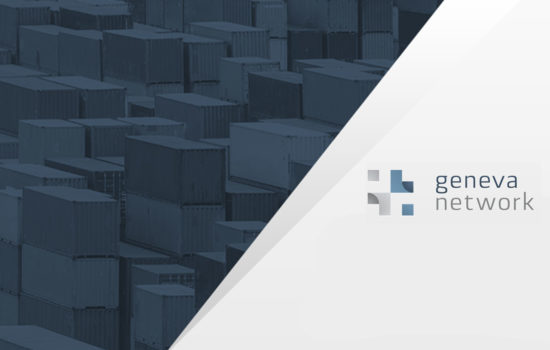
The delinkage agenda under discussion in Geneva, while well-intentioned, is a distraction from practical solutions to increase access to medicines.

This paper examines the reasons for farmer suicides in India, which stem from government interventions that result in agricultural market failures on a wide scale.
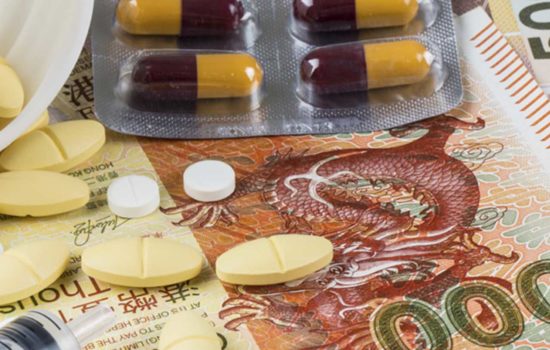
By turning back the clock on intellectual property, the U.N. would cut off developing countries from innovation.